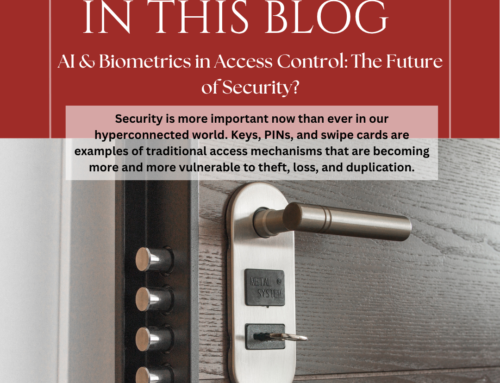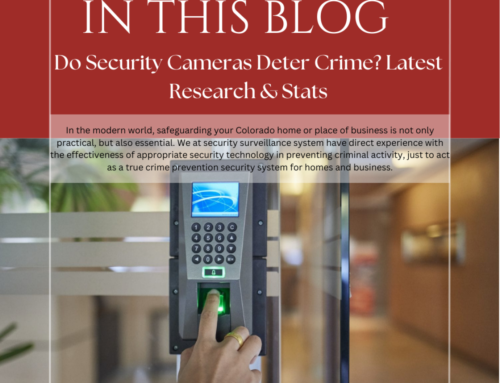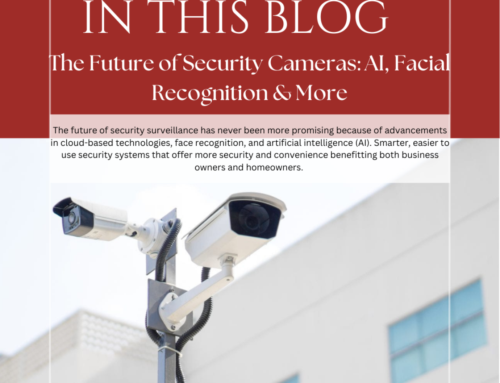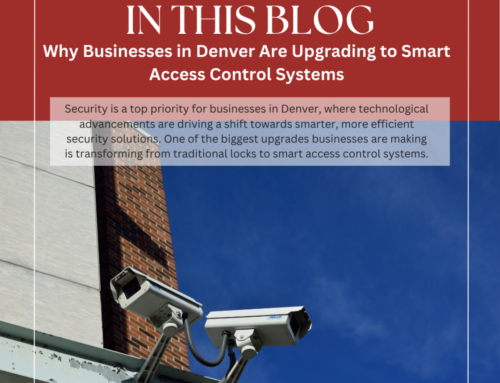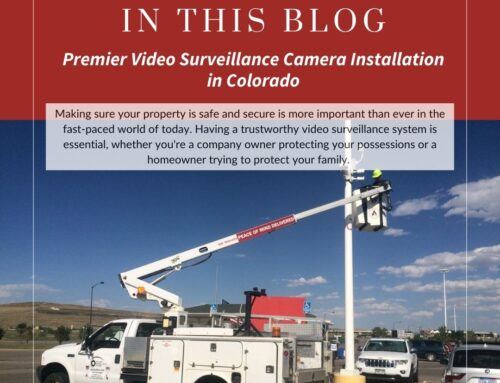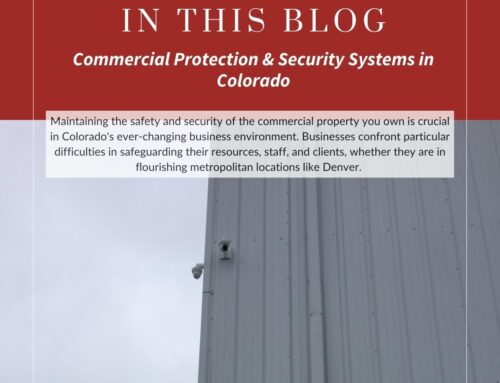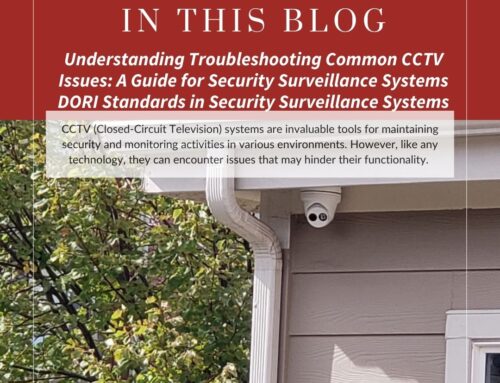Tips for Rolling Out a New Security Camera System
Tips for Rolling Out a New Security Camera System
Introduction
Security camera systems are a vital aspect of protecting businesses and ensuring their smooth operation. The process of rolling out a new security camera system can be daunting, but with the right approach and a little bit of know-how, it can be done successfully.
In this blog post, we will discuss 8 essential tips for rolling out a new security camera system for businesses in Colorado. From planning and design to maintenance and compliance, we will cover all the important aspects of implementing a new security camera system.
-
Planning and Design
Proper planning and design are crucial for the success of the security camera system. Identifying key areas that need to be monitored, determining the number and type of cameras needed, and determining the placement of cameras for optimal coverage are all important considerations. By taking the time to properly plan and design the system, you can ensure that it meets the specific needs of your organization.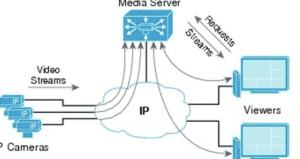
- Stakeholder Engagement
The involvement of the stakeholders in the planning and design process is crucial. Staff, customers, and any other stakeholders who will be affected by the new security camera system should be taken into account. By doing so, you can ensure that there is buy-in and support for the new system.
Courtesy: International Security Journal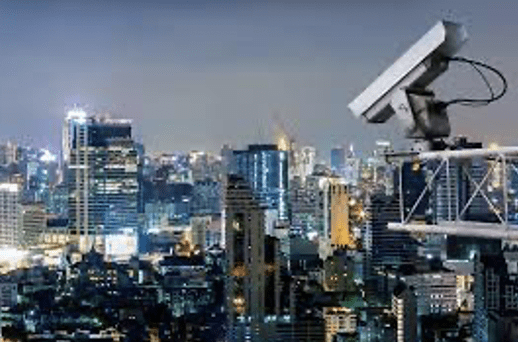
- Test Before Deployment
Thoroughly testing the new security camera system before deploying it can save a lot of headaches. This will help to identify and fix any problems before they occur. - Staff Training:
Providing training for staff on how to use and maintain the new security camera system is essential. This will ensure that staff knows how to use the system effectively and can troubleshoot any issues that may arise.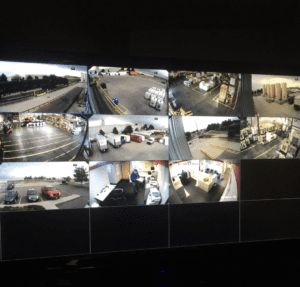
- Regular Maintenance
Regular maintenance is key to prolonging the life of the system and ensuring that it continues to function effectively over time. A regular maintenance schedule should be implemented to ensure that the security camera system is working correctly and that any issues are addressed promptly.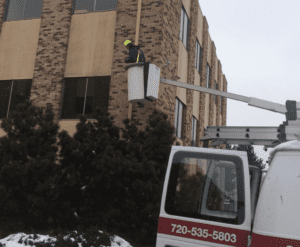
- Security and Privacy Policies
Having clear policies in place around data storage, data access, and data retention is crucial. This is especially important for camera systems that are recording and storing data for a long time. Having a plan to store, secure, and comply with data privacy policies is very important. - Monitoring and Compliance
Having a plan in place for monitoring the footage from the security cameras and ensuring compliance with laws, regulations, and company policies is important. This may include regular audits, monitoring by designated staff, or automatic alert systems. - Scalability and Future-proofing:
The security camera system should be scalable and future-proof. This means that it should be able to adapt and grow with the business, making it easy to add or remove cameras as necessary.
Conclusion
In conclusion, a well-designed and executed security camera system can provide peace of mind and help protect businesses from potential crime and security breaches. By following the tips outlined in this blog post, businesses in Colorado can successfully roll out a new security camera system that meets their specific needs and provides the protection they need.

